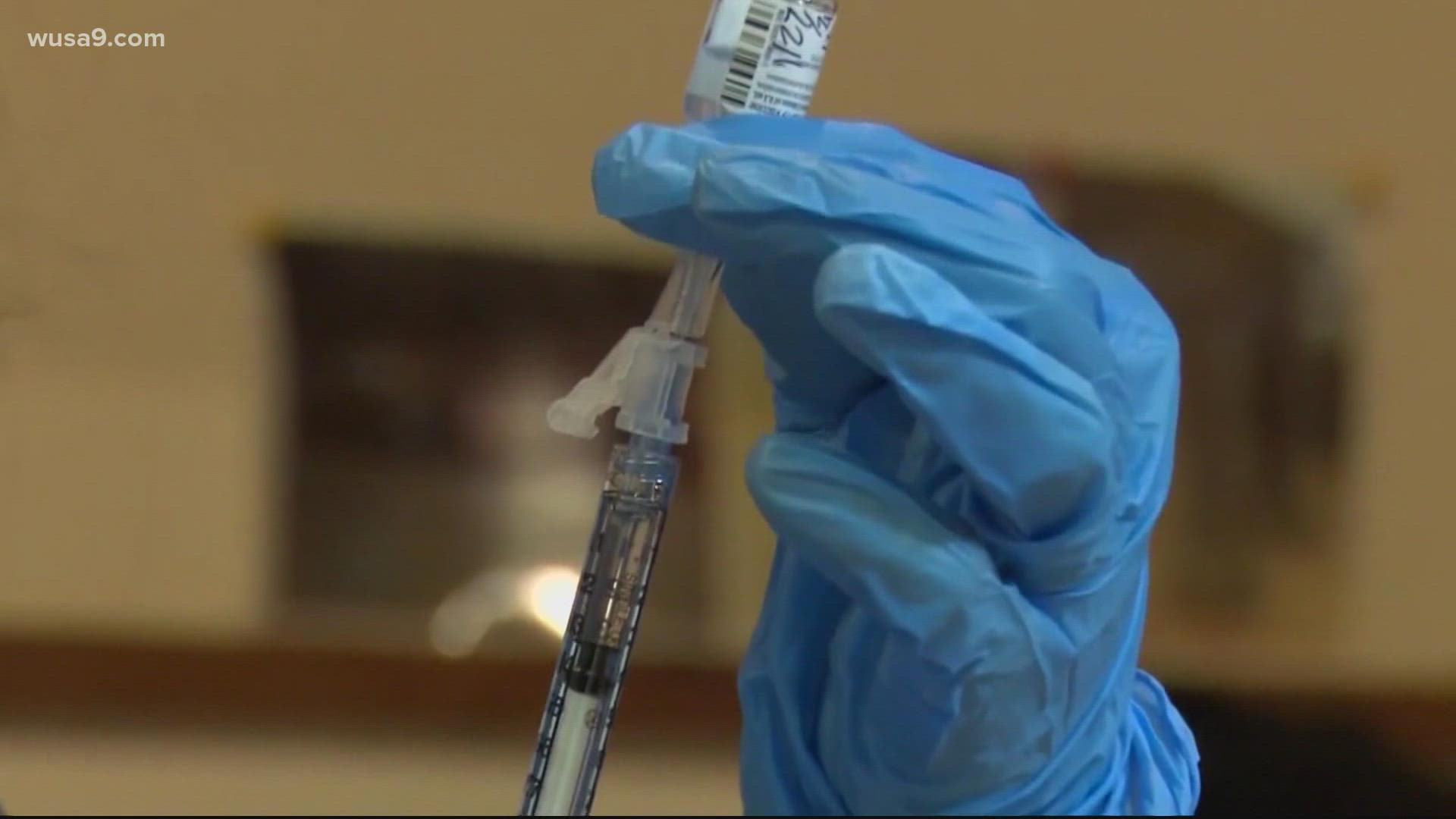WASHINGTON — After two years of developing a COVID-19 vaccine, military researchers say they're testing it in humans.
Back in March of 2020, WUSA9 was at the Pentagon as these scientists explained their goal.
The researchers at Walter Reed call their vaccine "unique."
“Researchers theorize the vaccine platform could pave the way for a universal vaccine to protect against not only the current virus, but also other known and unknown coronaviruses that could arise in the future,” according to a release on the Walter Reed Army Institute of Research website.
THE QUESTION:
Was the COVID-19 vaccine being developed by the Walter Reed Army Institute of Research initially tested against the omicron variant?
THE SOURCE:
- Walter Reed Army Institute of Research
THE ANSWER:
WHAT WE FOUND:
As of right now, there's no data to release on whether the new vaccine is effective against omicron, according to Terry Welch, a spokesperson for WRIAR. Here's why: The pre-clinical trials, which were done with animals, did not test it because they were completed before omicron was discovered.
"Last week, the preclinical results of the Army COVID-19 vaccine, SpFN, were published in Science Translational Medicine," a statement from the Institute said. The Spike Ferritin Nanoparticle platform is designed to protect against an array of SARS-CoV-2 variants and SARS-origin variants but was not tested on the Omicron variant.”
The term "preclinical" relates only to the animal trials performed to start. So, we can verify while the military has created a vaccine against multiple variants, initially it was not specifically tested on omicron. However, it is now being tested against omicron and other variants.
Researchers are now analyzing the phase 1 human trials data. They enrolled 72 healthy adult volunteers ages 18 to 55, according to Walter Reed.
The final Phase 1 study results will be made public once they're analyzed and published in a peer-reviewed journal, according to WRAIR.

